The Advocates for Democratic Governance Foundation (ADEG) has demanded that political parties be granted full access to prisons during elections to interact with registered voters and canvass for votes.
Gideon Musonda, the organisations’ Executive Director, criticised the current restrictions that limit candidates’ access to prisons to merely distributing campaign materials.
He made these statements during a submission on key constitutional concerns to the Electoral Reform Committee (ERC) at the Mulungushi International Conference Centre in Lusaka on Tuesday.
Musonda emphasised that allowing political parties to engage directly with incarcerated voters would enable them to communicate their campaign messages effectively and conduct civic and voter education.
He also pointed out that restricting access to observers and monitors was unfair and called for full access to promote transparency.
Regarding the electoral system, Musonda criticised the “First-Past-the-Post” system for failing to ensure fair representation for marginalized groups, as stipulated in Article 45(1)(c) and (d).
He recommended amending Article 47 to implement a mixed-member electoral system, reserving 50 percent of seats for marginalised groups.
Additionally, he proposed a gender balance provision for presidential and running mate candidates, stipulating that if the president is male, the running mate must be female, and vice versa.
Musonda also argued that the provision for canceling elections due to resignation, court disqualification, or death was retrogressive.
He suggested amending Article 52(6) to prevent cancellations except for the death of a nominated candidate occurring within 30 days of the election date. In such cases, he proposed fresh nominations within 14 days, with elections held within 30 days after nominations.
Read More: EU Observation Mission report reveals a slow down in Zambia’s electoral reforms process
He further stated that if a candidate died more than 30 days before the election, the sponsoring political party should be allowed to replace them through fresh nominations, with the election date determined by the constitution.
Musonda highlighted the lack of compelling requirements for political parties to promote diverse representation, advocating for an amendment to Article 60 to require parties to nominate a defined percentage of candidates from marginalized groups, including women, youth, and persons with disabilities.
Regarding the presidential election petition period, Musonda criticised Article 101(5) for being problematic, recommending that it should ensure hearings and determinations occur “within fourteen calendar days.”
He also pointed to unclear provisions in Article 103(2) regarding the election petition process, advocating for a specified timeframe for hearing and determination.
WARNING! All rights reserved. This material, and other digital content on this website, may not be reproduced, published, broadcast, rewritten or redistributed in whole or in part without prior express permission from ZAMBIA MONITOR!


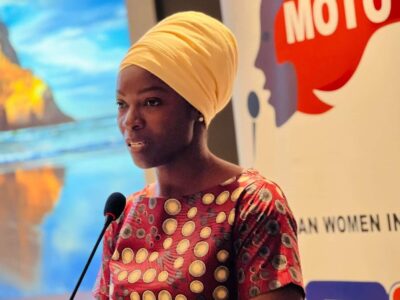

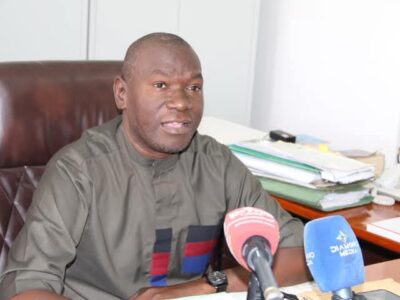
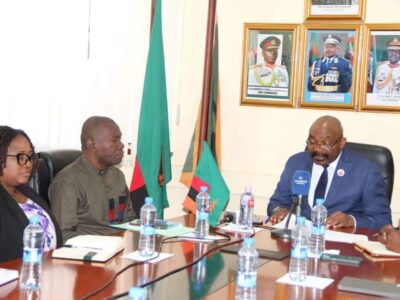
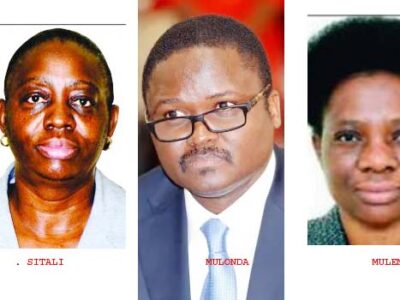
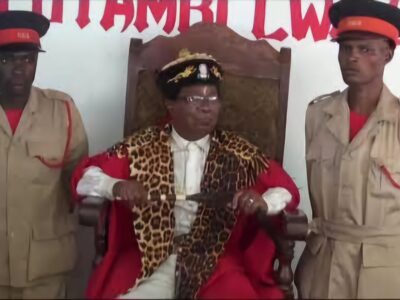




Comments